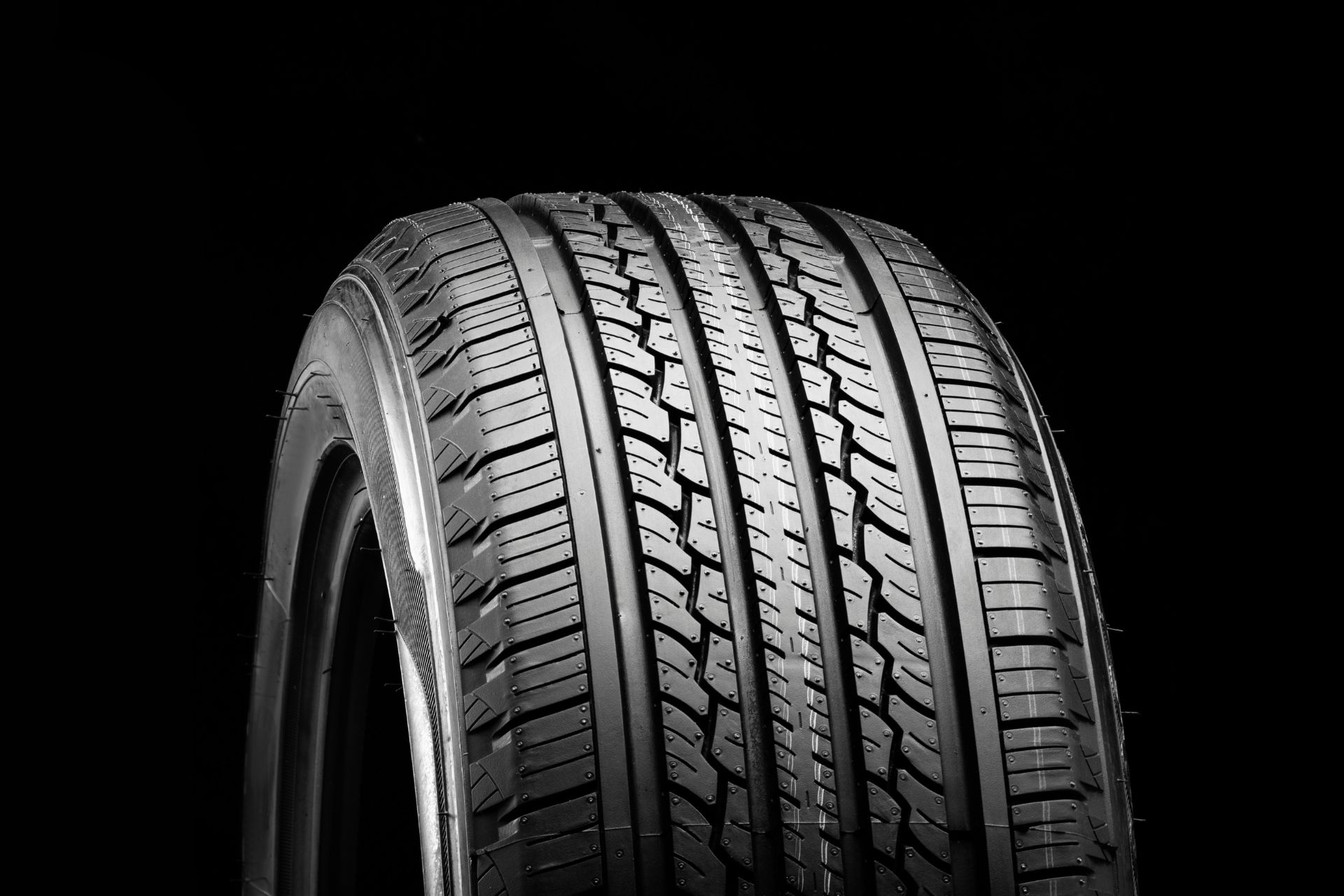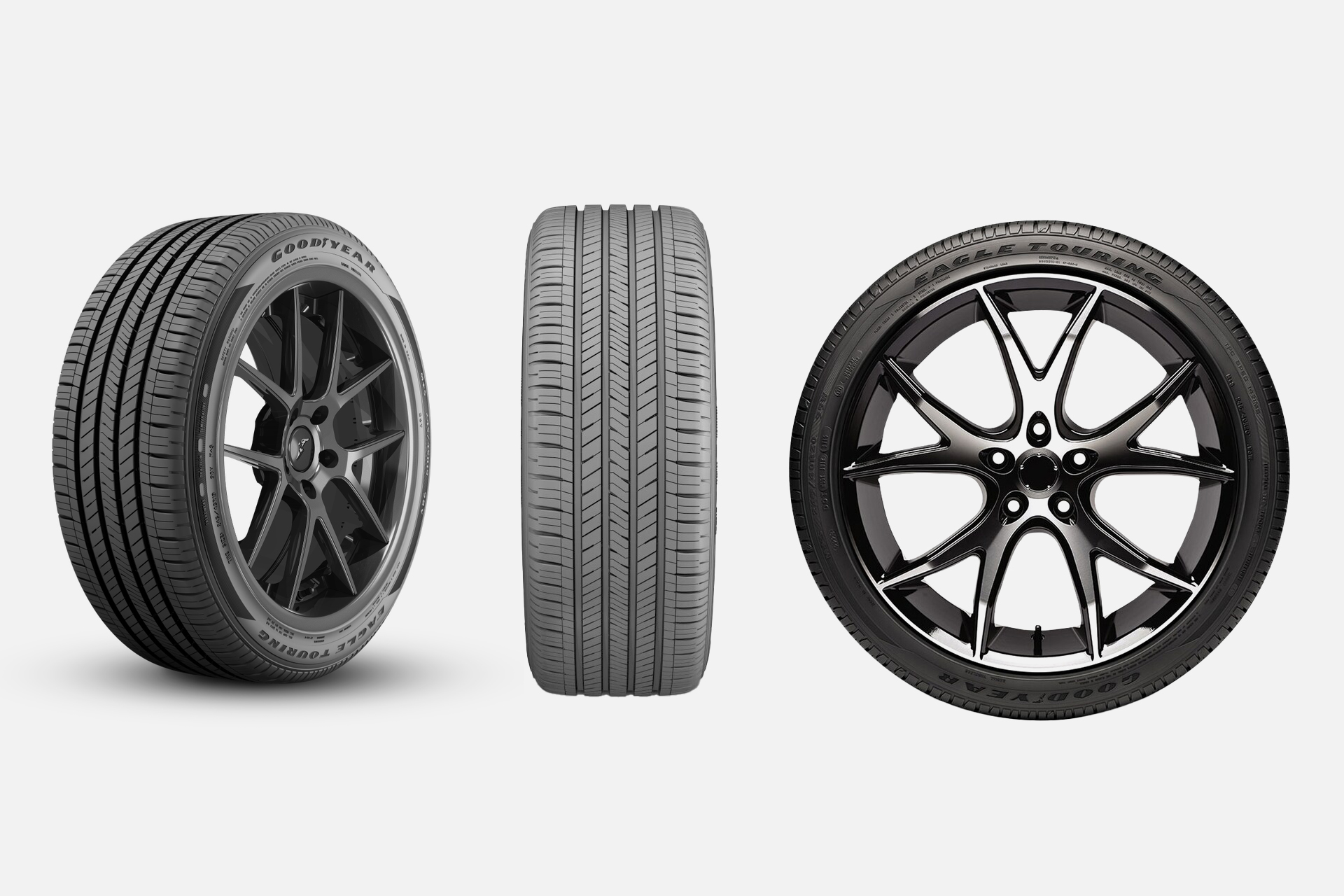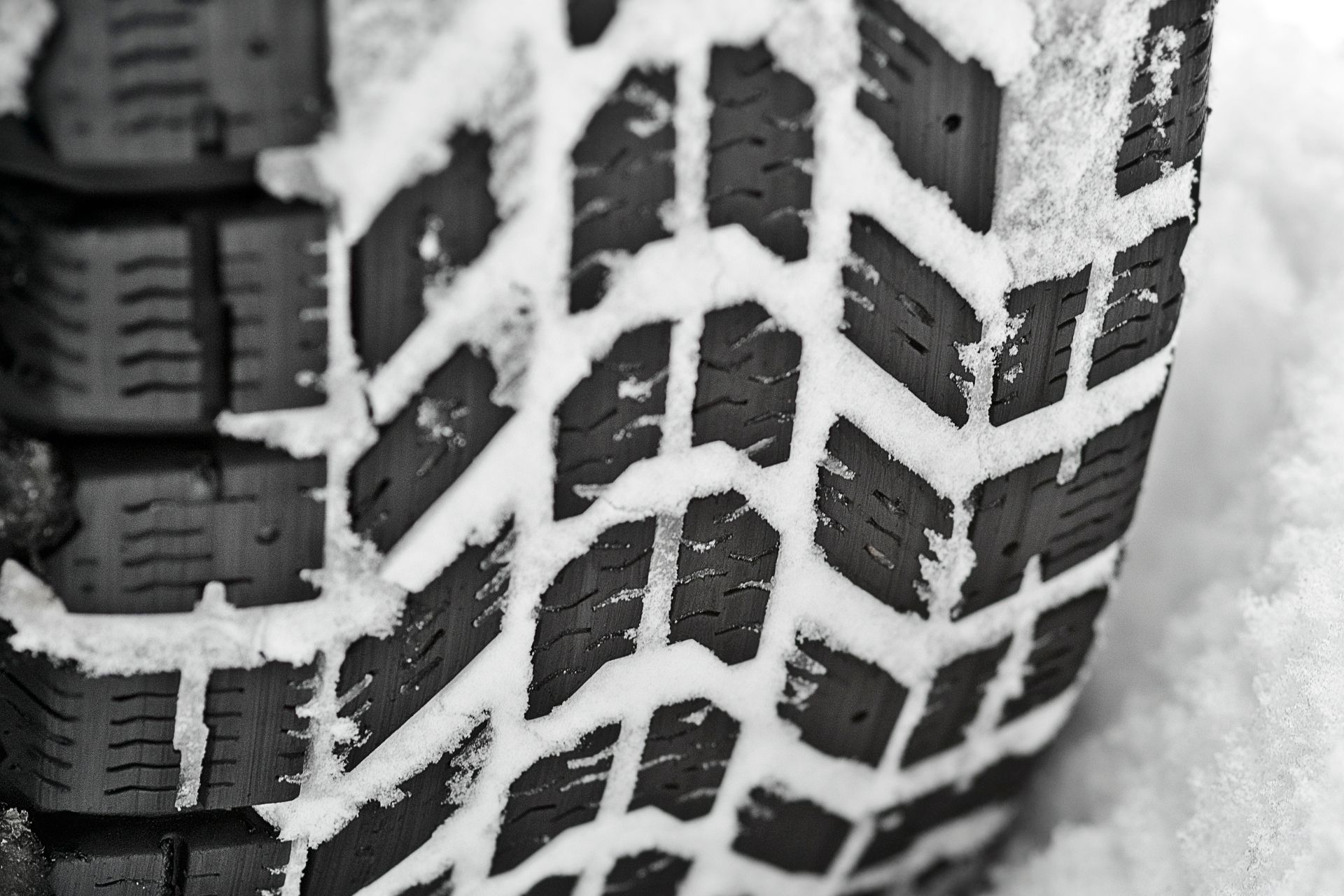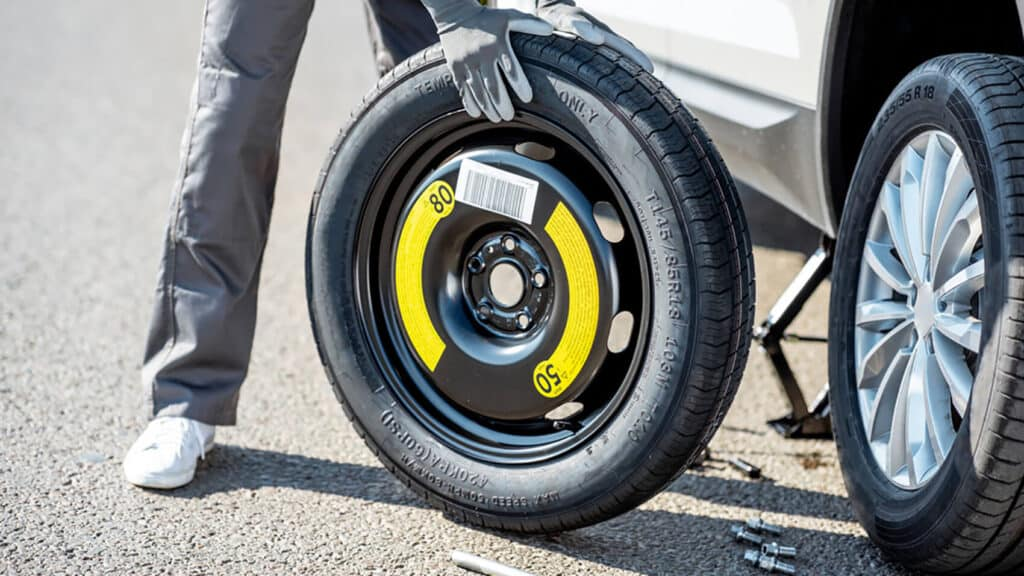Tire Types and Conditions | Enhance Your Vehicle Handling

All-season:
All-season tires are designed for year-round use, offering balanced performance in various weather conditions. Key features include:
Versatility and Performance:
- Year-Round Use: Suitable for both summer and winter driving.
- Balanced Performance: Reliable in dry, wet, and light winter conditions.
Comfort and Handling:
- Smooth Ride: Minimizes road noise and vibrations.
- Good Handling: Provides stability and reliable handling.
Traction and Grooves:
- Enhanced Traction: Tread patterns improve grip on various surfaces.
- Wet Weather Grip: Grooves help channel water away, reducing hydroplaning risk.
Durability and Longevity:
- Long-Lasting: Durable with a longer tread life.
- Cost-Effective: Eliminates the need for separate seasonal tires.
All-season tires are a versatile, cost-effective choice for reliable, comfortable driving in diverse conditions.

Touring tires:
Touring tires are designed for a blend of comfort, reliable all-season traction, and enhanced handling. Key features include:
Comfortable Ride:
- Smooth Ride: Minimizes road noise and vibrations for a comfortable driving experience.
All-Season Traction:
- Reliable Performance: Maintains grip and stability in dry, wet, and light snow conditions.
Enhanced Handling:
- Responsive Handling: Offers improved vehicle control and better cornering capabilities.
Durability and Longevity:
- Long Tread Life: Built to last, making them a cost-effective choice.
Fuel Efficiency:
- Lower Rolling Resistance: Designed to enhance fuel efficiency.
Touring tires are ideal for long-distance travel and daily driving, offering a balance of comfort, performance, and durability.

Winter tires:
Winter tires are designed to provide maximum traction and safety in harsh winter conditions. Here are the key features and benefits of winter tires:
Maximum Traction:
- Enhanced Grip: Winter tires are made from a special rubber compound that remains flexible in low temperatures, providing better grip on icy and snowy roads.
Deep Grooves and Tread Patterns:
- Snow and Slush Expulsion: The deep grooves and unique tread patterns are designed to expel snow and slush, preventing buildup and maintaining contact with the road surface.
- Biting Edges: Additional biting edges on the tire tread improve grip on snow and ice, enhancing braking and cornering performance.
Improved Safety:
- Shorter Stopping Distances: Winter tires significantly reduce stopping distances on snow-covered and icy roads compared to all-season tires.
- Enhanced Stability: These tires provide better stability and control, reducing the risk of skidding and sliding in winter conditions.
Usage Recommendations:
- Seasonal Use: It is advisable to switch to winter tires when temperatures drop below seven °C (45°F), even if it hasn't snowed yet, as they perform better in cold conditions.
- Local Regulations: While not mandatory in all parts of Ontario, using winter tires is highly recommended for safe driving during the winter months. Local regulations may encourage or require winter tires during certain months in some northern regions and areas prone to heavy snowfall. Always check local guidelines to ensure compliance.
Conclusion:
Winter tires are essential for driving in cold, snowy, and icy conditions. Their specialized design, including deep grooves and flexible rubber compounds, ensures maximum traction and safety. It is advisable to use winter tires for optimal performance and safety during the winter months.

Temporary spares:
Temporary spare tires are available in either compact or full sizes. Compact spare tires are much smaller than the original tires on the car. These tires are intended for temporary use and are rated for up to 80 kilometres and speeds up to 80 km/h
